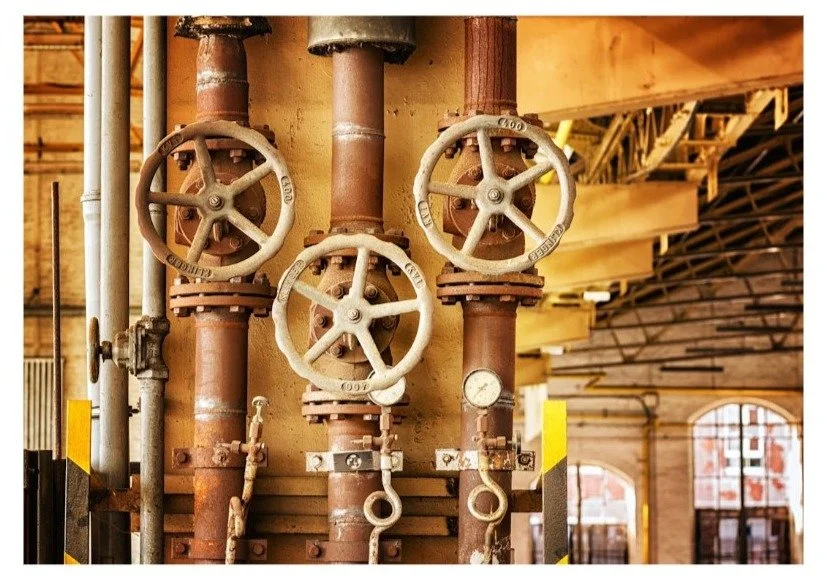Is a Medical Marijuana Card Right for You? Here’s What You Should Consider
The conversation surrounding medical marijuana has gained momentum over the years, particularly as more states legalize its use. With the increasing prevalence of medical cannabis, many individuals find themselves contemplating whether obtaining a medical marijuana card is the right choice for their circumstances. Whether you're dealing with chronic pain, anxiety, or a range of other health issues, several factors come into play when deciding if a medical marijuana card is suitable for you. In this article, we will explore various aspects to help guide your decision-making process.
Understanding Medical Marijuana
Before weighing the pros and cons, it is crucial to understand what medical marijuana entails. Medical marijuana consists of the cannabis plant and its cannabinoids that are used for therapeutic purposes. The primary compounds in cannabis, THC (delta-9-tetrahydrocannabinol) and CBD (cannabidiol), interact with the body’s endocannabinoid system to help alleviate various medical conditions. Research suggests that medical marijuana can provide relief for numerous ailments. For instance, a study conducted by the National Academies of Sciences found substantial evidence that cannabis can effectively treat chronic pain, multiple sclerosis, and severe nausea. While there is still ongoing research into the full extent of its therapeutic benefits, many report positive outcomes when using medical cannabis in a regulated setting.
Evaluating Your Health Conditions
The next step is to assess your current health status. Many states can prescribe medical marijuana for a range of conditions, including:
Chronic pain
Cancer
Post-traumatic stress disorder (PTSD)
Seizures
Multiple sclerosis
Glaucoma
HIV/AIDS
While these ailments are commonly listed, it’s essential to consult a healthcare professional to understand if medical cannabis is a suitable option for your specific condition. Physicians often take an individualized approach, considering factors such as your medical history, existing medications, and overall treatment plan.
The Process of Obtaining a Medical Marijuana Card
Understanding the application process can also help you decide if pursuing a medical marijuana card is worth the effort. The steps often include:
1. Consultation with a Healthcare Provider: Schedule an appointment with a qualified healthcare provider who understands medical marijuana’s potential benefits and risks.
2. Assessment and Diagnosis: Your provider will evaluate your health condition and determine whether medical cannabis could help.
3. Filling Out Application Forms: If approved, you will need to fill out the necessary application forms for your state’s medical marijuana program.
4. Submission and Fees: Submit your application along with any required fees. Keep in mind that these fees can vary significantly from state to state. Once you receive a medical marijuana card, it allows you access to dispensaries where you can purchase cannabis products legally. The card often comes with guidelines on dosage and consumption, enhancing safe usage.
Pros and Cons of a Medical Marijuana Card
When contemplating whether to apply for a medical marijuana card, weigh the potential benefits against the drawbacks.
Pros:
- Legal Protection: Having a medical marijuana card protects you legally against prosecution for possession and use of cannabis.
- Access to a Range of Products: Medical cannabis dispensaries offer various products that can meet your treatment needs, including oils, edibles, and tinctures.
- Personalized Treatment Plans: Many cannabis clinics help patients create personalized treatment plans tailored to their health conditions.
Cons:
- Cost: The initial costs associated with obtaining a card can be significant, including doctor visits and application fees.
- Stigma: Some individuals might face discomfort or societal stigma when using marijuana for medical purposes.
- Limited Availability: Not all states allow medical marijuana, which may impact your access depending on your location. Weighing these factors is essential in determining if a card suits your lifestyle and health needs.
The Importance of Professional Guidance
Obtaining a medical marijuana card is not merely a matter of desire but involves serious considerations about your health. Consulting with healthcare professionals is vital, as they can provide tailored advice based on your medical history and situations. They also guide you on how to use cannabis safely and effectively. Moreover, professionals can help you navigate the complexities of state-specific regulations regarding cannabis use. They can assist in identifying reputable cannabis clinics that prioritize patient safety and well-being.
Legal Considerations
Understanding the legal implications surrounding medical cannabis is crucial. Each state has its own laws and regulations, which include possession limits, consumption restrictions, and guidelines for transportation. In some states, employers may still have the right to impose policies against marijuana use, even if you have a medical card. Familiarizing yourself with state laws will help avoid potential legal issues and ensure you use medical cannabis responsibly. Furthermore, regulations regarding medical marijuana can evolve, so staying updated with changes in the law is essential for cardholders.
Potential Side Effects and Risks
While many patients report benefits from medical cannabis, there are potential side effects. Common effects can include dizziness, fatigue, and an altered mental state. Some users might experience anxiety or paranoia, especially if they consume high-THC products. Understanding these risks is essential in making an informed decision. Consulting with a healthcare provider can help mitigate these risks by recommending appropriate dosages and product types. Moreover, chronic use may lead to dependency in some individuals. Recognizing these potential issues is vital for patients—balancing the benefits with the risks will guide you in adopting a responsible approach to medical cannabis use.
Alternative Therapies and Holistic Approaches
If you're unsure whether to pursue a medical marijuana card, consider alternative therapies and holistic approaches that may also address your health conditions. Common alternatives include:
- Physical Therapy: Effective for rehabilitation from injuries or chronic pain.
- Mindfulness and Meditation: Helps alleviate anxiety and improve mental health.
- Nutritional Therapy: Incorporating diet changes can frequently lead to health improvements. These therapies can complement or serve as adjuncts to cannabis, offering various paths towards wellness.
Connecting with a Specialized Clinic
Are you interested in pursuing a medical marijuana card? Finding a credible medical cannabis clinic is vital. Begin by researching local facilities and reading reviews to select a clinic that prioritizes patient care and education. Personal recommendations can also guide you toward a reputable option. A trustworthy clinic will provide thorough consultations, helping you understand how to best utilize medical marijuana for your condition. They should also ensure compliance with state regulations, which is particularly important for your safety and legal protection. The relationship established with a cannabis clinic can significantly enhance your treatment journey.
Personal Decision-Making
Ultimately, the decision of whether to pursue a medical marijuana card lies with you. Consider your medical history, the state of your health, and the guidance from healthcare professionals to make an informed choice. Self-reflection on your comfort with cannabis use and its potential impact on your lifestyle is also necessary. By carefully evaluating your unique situation, you can decide if obtaining a medical marijuana card aligns with your health goals and personal values. With more states embracing the legality of medical cannabis, this option continues to become a viable alternative for many patients seeking relief. As you navigate this path, keep informed and seek out the right professional support. Your health journey is unique and demands careful consideration of all avenues available.
Obtaining a medical marijuana card can be a transformative step for many, providing legal access to an alternative form of treatment that may alleviate various health issues. However, the decision should be grounded in thorough research, professional guidance, and a realistic assessment of your health and lifestyle needs. By considering the benefits, risks, legal factors, and alternative therapies, you can make an informed choice that best supports your well-being.













